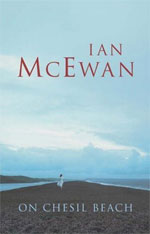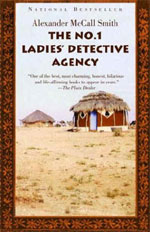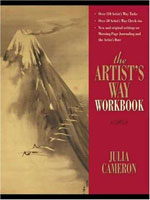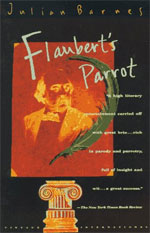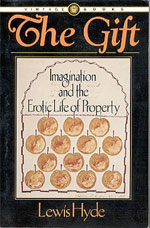
“A Minor Planet for You” is Greentree’s first foray into the short story form after two accomplished collections of poetry. As it is in her poetry, witty, feisty dialogue is one of Greentree’s strengths. She zeroes in on relationships gone askew, and somehow manages to balance tenderly both the humour and the pain or embarrassment of people’s failures to connect and communicate.
This wistful snippet from the title story is a favourite:
When I get home from work, there’s a note on the table. Brian’s out looking for an asteroid belt tonight, and won’t be back until late. I throw my coat over the back of one of the kitchen chairs and phone my sister, Tanya. When I start complaining about the whole minor planet bullshit plan, she interrupts me.
“Maggie, I think that sounds so romantic. Don’t you think it’s a wonderful gesture, having your husband want to discover a planet for you?”
“I think it would be more romantic for him to stay home with me once in a while,” I say. “Maybe even talk to me.”
